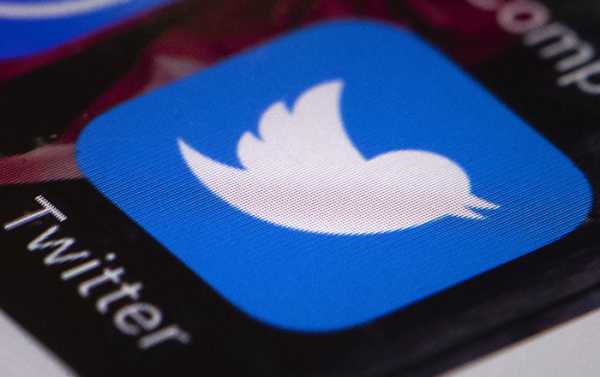
A recent expose on Twitter has illuminated a telling connection between the British government’s Integrity Initiative and a supposedly independent citizen journalism website. But when a social media critic published proof on Twitter last week, the site suspended the user’s account for supposedly showing personal information.
Stephen McIntyre is a mining exploration specialist, but is perhaps better known as a controversial critic of some of the data used to support arguments about the acceleration of global warming. However, as a private citizen, McIntyre turned his attention on Twitter on January 7 to Dan Kaszeta, publishing a receipt of payment to the journalist for an article published on Integrity Initiative’s website last July.
”Bellingcat’s Dan Kaszeta turns out to be paid flack for secret UK government propaganda campaign. Paid by the word. He’s also published pro-jihadist (pro-AlQaeda) opinions on Syrian chemical attacks. Wonder if they were paid for by UK propaganda,” the tweet reads, with the attached image showing a bill to Integrity Initiative for £622 for a July 23 article of 1,555 words’ length about Porton Down.
Integrity Initiative, you will recall, is a disinformation campaign exposed by hacktivist group Anonymous last November as having received funding from the British and US governments, along with the North Atlantic Treaty Organization, Facebook and others. Anonymous claimed that the Integrity Initiative included covert structures capable of interfering in the domestic affairs of France, Germany, Italy, Greece, the Netherlands, Lithuania, Norway, Serbia, Spain and Montenegro, Sputnik reported.
Kaszeta writes for Bellingcat, a so-called “citizen journalism” website founded by Eliot Higgins in 2014 that has spent much of its time since repeating the British state’s positions on the poisoning of the Skripals, alleged chemical weapons attacks by the Syrian government and the legitimacy of the White Helmets, among other topics.
It certainly tarnishes the reputation of a supposedly crowdsourced independent journalism site to have its writers on the payroll of the British government, and working for a notorious disinformation campaign at that. That’s especially true given the strong congruence between the conclusions of the two entities.
Interesting to note that the name “Bellingcat” comes from the idiom “belling the cat,” meaning to render innocuous something dangerous. There’s more than a little irony poetry in that.
However, Kaszeta’s supporters soon stormed the thread, declaring that McIntyre had doxxed Kaszeta and asking Twitter to remove the post. McIntyre replied that it was already public information available on Google, but Kaszeta argued it was a violation of one of Twitter’s rules regarding “content obtained through hacking that contains personally identifiable information, may put people in imminent harm or danger, or contains trade secrets.” McIntyre’s account was subsequently suspended by the social media company.
On Saturday, McIntyre’s account was reactivated, and he tweeted the story of his battle with Twitter.
”I was suspended by Twitter earlier today because Bellingcat’s Dan Kaszeta complained that I had breached Twitter rules against exposure of personal information in a tweet about his business relationship with #IntegrityInitiative. I appealed to Twitter on the grounds that my tweet observing that my tweet did not violate their privacy policy and, in particular, that my observation that Kaszeta had been employed by a ‘UK government propaganda campaign’ was squarely within their policy for permitted speech,” McIntyre wrote.
“In their suspension notice, Twitter required me to remove tweet about Kzszeta as condition of return of service. Much to my surprise, Twitter accepted my appeal and restored my account with no condition on removing the tweet about Kaszeta. Good for Twitter.”
Given Twitter’s recent reputation for heavy-handed bans with a brazenly political bias, the social media site doing right by McIntyre this time makes for a refreshing change of pace. It also establishes a precedent for dealing with bans or demands to take down supposedly objectionable material, too. However, the fact that Kaszeta has no small amount of clout — he noted in his final tweet that he was “a publicly recognizable person and had been listed by New Statesman in 2010 as one of ‘50 People Who Mattered in 2010′” — likely also had something to do with the end result of this episode. What can those of us with less pull expect in disputes with the social media giant, when our tweets attract objections by those closer to the halls of power?
Sourse: sputniknews.com






